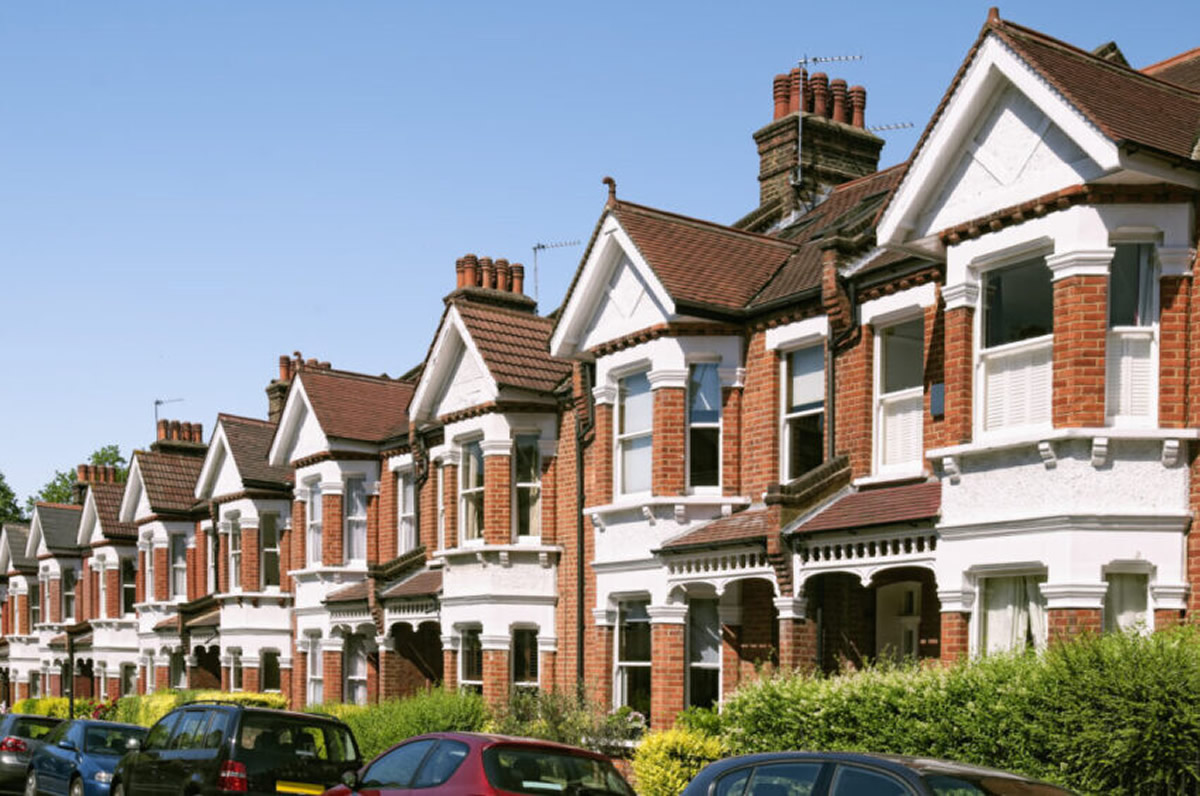The latest rental market report from Zoopla offers tenants little hope that rents will begin falling any time soon – as landlords ‘rationalise their portfolios’ or leave the market altogether.
Zoopla says that rent inflation in March has slowed to 11.1% – down from the high of 12.3% that was recorded in the middle of last year. The property platform says that a strong labour market and record immigration have pushed up demand in the private rented sector (PRS) – but rented home supply has grown by just 1% since 2016.
Also, the higher mortgage rates facing landlords have undermined the economics of property investment, which has led to a drop in new rental supply. Landlords who are ‘searching for yield’, Zoopla also warns that landlords who are ‘searching for yield’ to offset their rising costs will be moving into more lucrative areas of the PRS in the search of profits.
There will be limited growth in rental supply this year, while tenant demand will remain above average but lower than last year. Also, rent rise for new lets will drop to 4-5% by the end of this year – and will be felt quicker for landlords in London and other city centres.
Demand per available rental home spiked. Richard Donnell, Zoopla’s executive director of research, said, “with a third fewer homes available for rent than normal, demand per available rental home spiked even higher last year by 250% above the five-year average. Demand for rented homes remains 10% higher than this time last year. Rents will continue to rise ahead of incomes unless we see a sustained increase in rental supply or a material weakening in demand, both of which appear unlikely at this stage. In simple terms, a static supply of rented housing means new investment that adds to supply is offset by property leaving the sector, as landlords dispose of rented homes as part of ongoing portfolio rationalisation or exit the rental market altogether.”
Slowdown in landlord property sales
Zoopla has also seen a slowdown in landlord property sales because of the weaker sales market. Around 11% of homes listed for sale in early 2023 were formerly rented – a fall from 13% on sale last year but levels remain above average. Mr Donnell said, “tax changes, growing regulation and higher borrowing costs are leading many private landlords to review their portfolios and the pros and cons of investing in housing. The economics of being a private landlord has changed, the equity needed to buy new rented homes with a mortgage has been increasing in recent years as a result of rising house prices, lower rental yields and tighter lending criteria. This has been exacerbated over the last six months by rising mortgage rates.”
Tenant demand shows no sign of abating
Commenting on the Zoopla report, Richard Rowntree, Paragon Bank’s managing director of mortgages, said, “tenant demand shows no sign of abating and remains at 51% above the five-year average. With Zoopla’s analysis showing only a 1% increase in private rental housing supply over the past seven years, the chronic supply/demand imbalance we see today will only worsen unless the stock of rented homes increases. This is clearly something the current Government, or the next, will need to consider as it develops housing strategy. Landlords are an important element of the housing mix and should be incentivised to maintain or grow their property portfolios through a fair and proportionate regulatory and fiscal regime.”
Michael Gove – ‘No rent freeze or rent cap’
The Levelling Up secretary Michael Gove says there won’t be a rent freeze or a rent cap for landlords in England this year as part of the proposed Renters Reform Bill. He was speaking on the ‘Sunday with Laura Kuenssberg’ show when he was asked about the lack of support for housing in the recent Budget.
Ms Kuenssberg said, "that tenants had been in touch about rents and that official statistics show that rents ‘are going up very significantly’. Anecdotal evidence of rent sometimes going up, we’ve had anecdotal evidence of rent sometimes going up by 20-25, even 30%. Is it acceptable for landlords to be putting rent up above inflation?”
Mr Gove replied: “In most circumstances, no.”
Ms Kuenssberg then asked: “And what are you going to do about landlords who are doing that?”
How the private rented sector can be better regulated
Mr Gove said, “well, we’re bringing forward reforms a little bit later this year – in just a couple of months’ time actually – to look at how the private rented sector can be better regulated. We’re not talking about rent freezes or rent caps, but we are not talking about protection for tenants. At the moment there is a situation where tenants can be evicted without any fault on their part and some, a tiny minority of unscrupulous landlords, are using the threat of eviction in order to Jack up rents and to victimise tenants. It’s important that we recognise, as your question does, that a healthy private rented sector is absolutely vital to making sure people have the right home at the right place, at the right time.”
Protect tenants from unscrupulous landlords
He said, "but we do need to make sure that we protect tenants from unscrupulous landlords, even as we also give landlords the power to get rid of anti-social tenants as well.”
Mr Gove was asked about landlords who are ‘profiteering at the expense of their tenants’. He said: “In every market there will always be actors who will attempt to exploit circumstances in their interests not in the public interest, yes.”

